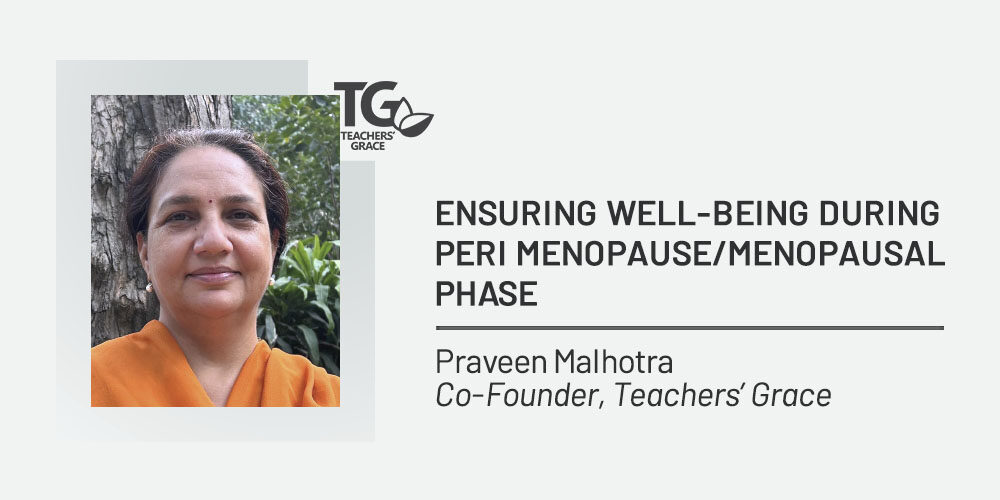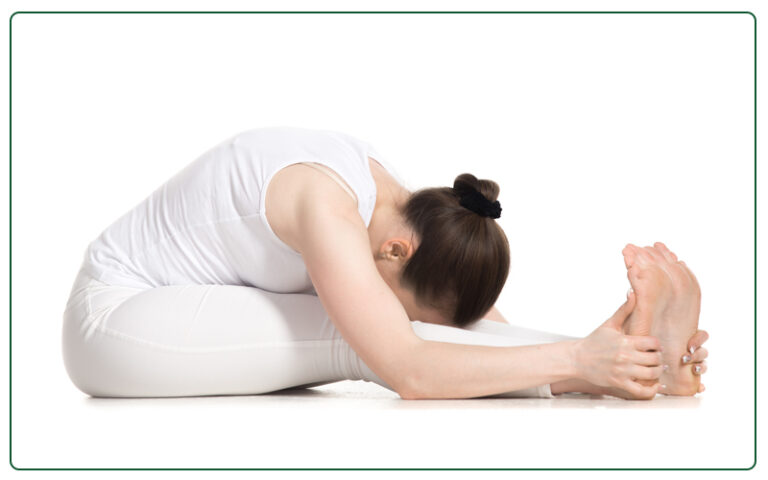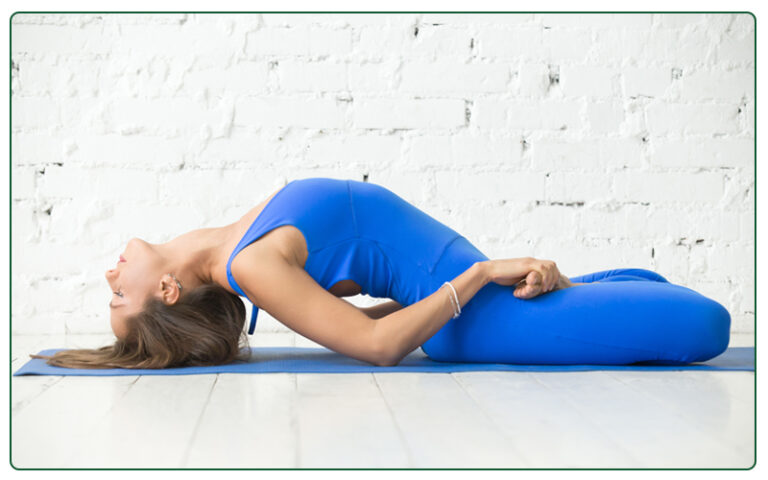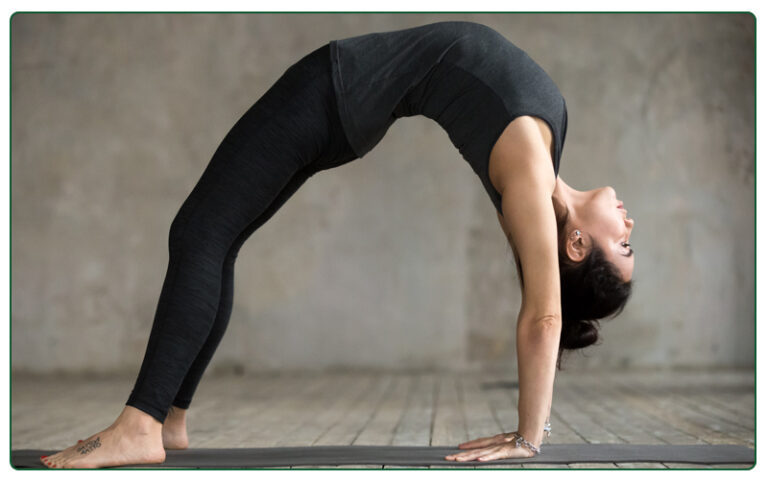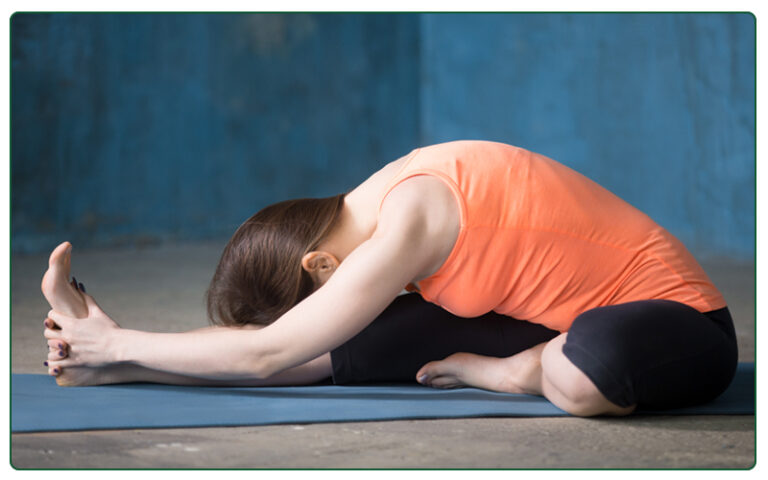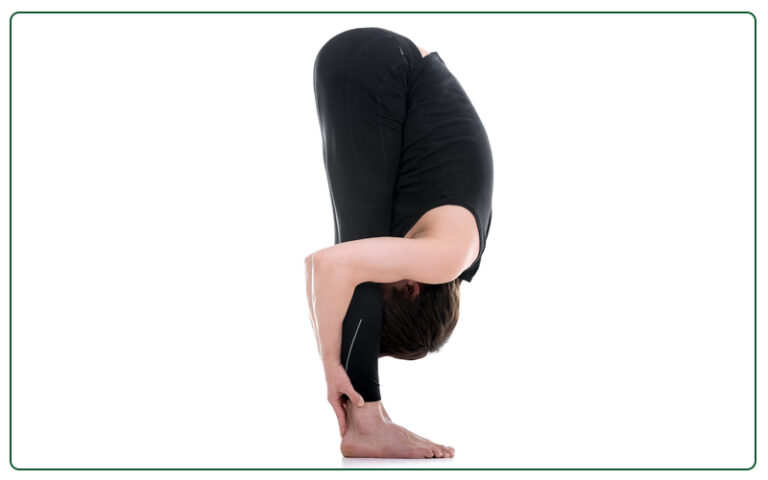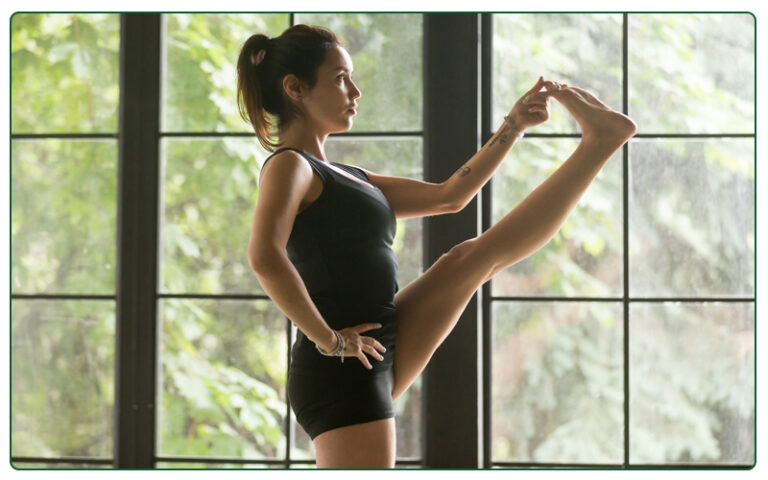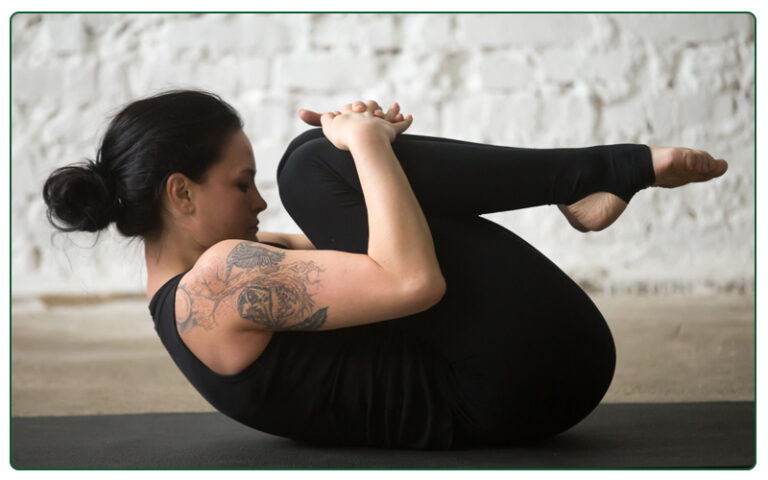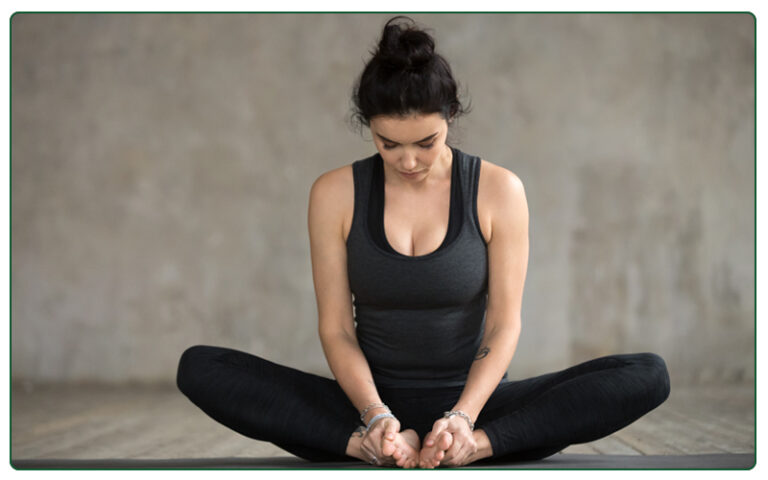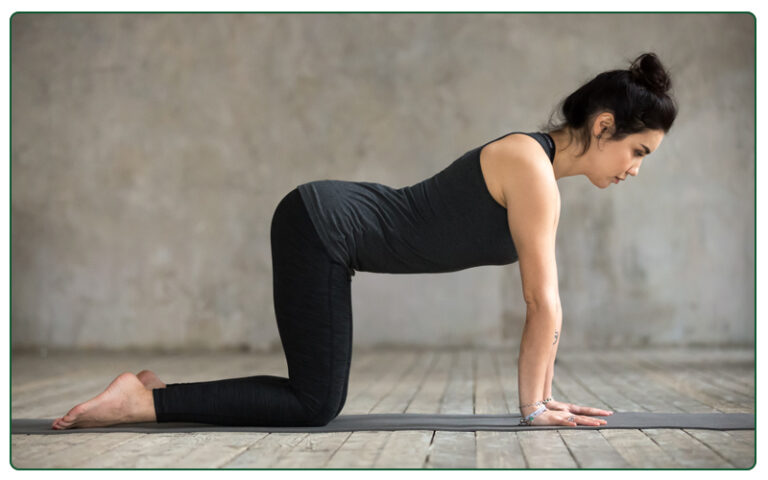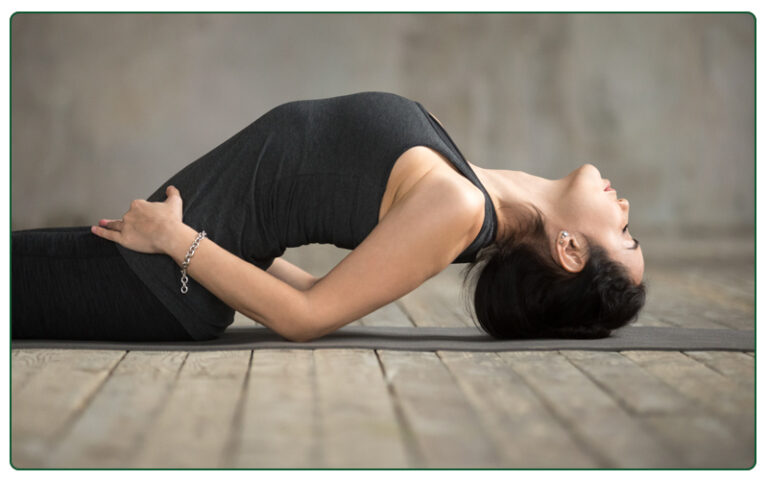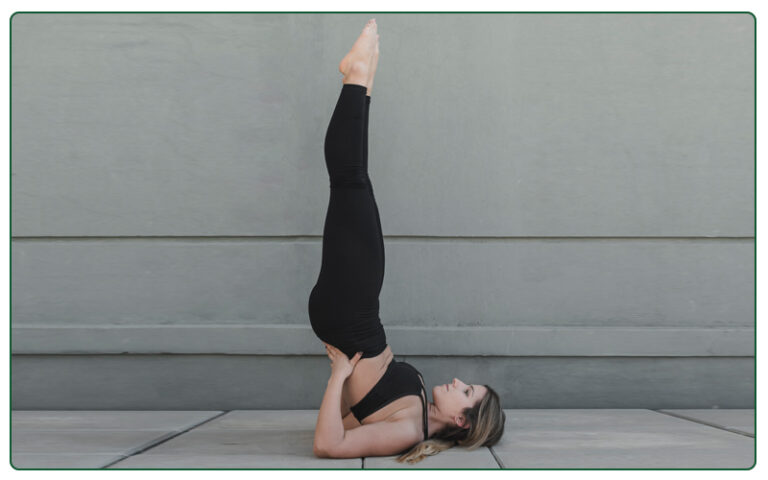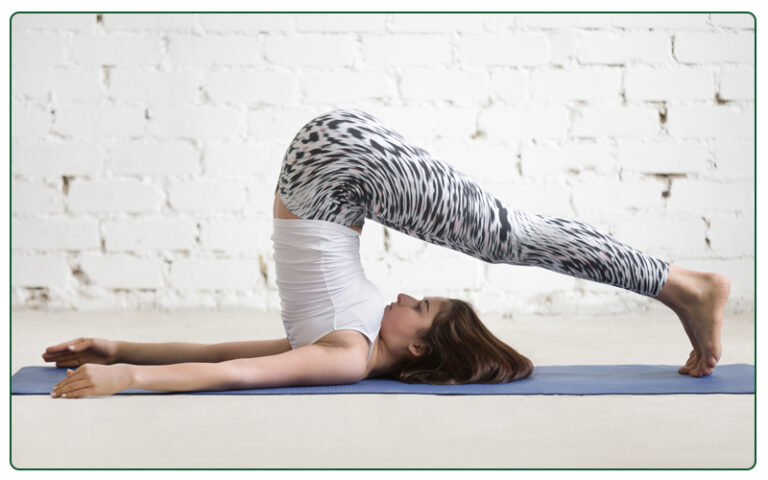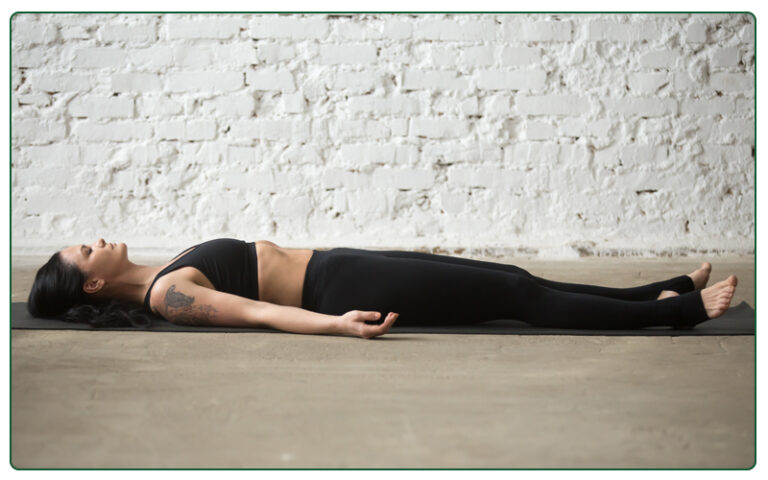No products in the cart.
Ensuring well-being during peri menopause/menopausal phase
Peri menopause is a phase of transition from a normal life of menstrual cycles to Menopause when the periods come to a complete stop.
This period is when the hormonal activity starts becoming irregular which results in lots of changes in the menstrual cycles. There is also a fair impact on body metabolism and mental health.
This period can last from 2 to 6 years till the periods come to a complete stop. It is considered to be a difficult period for most women while some don’t experience any symptoms.
The physical discomfort can increase due to heavy periods, heavy bleeding, increased menstrual pain, bone and joint stiffness, Giddiness, loss of appetite, loss of energy, low stamina, headaches and stomach upsets, food allergies, hot flushes, lower back pain
There is also a severe impact on the mental well being. The physical discomfort leads to overall feeling of low. Most women experience mood swings, brain fog, anger issues, memory loss, low motivation and a general feeling of disinterest towards everything.
Peri Menopause is actually not a disease it is a period transition. For some women it so smooth that they even does not know when menopause arrived in their life without any noticeable physical & emotional discomfort. But for some women peri menopause can be a period of great discomfort – both emotional & physical, to the extent it impacts their productivity in all the spheres of life.
Simply put, difficult peri menopause affects both the both the mind & body, adversely.
This period must be handled with utmost care since things it can become complicated. There can be onset of endometriosis, ovarian cysts, fibroids and other complications like tumors, irregular uterine bleeding, very heavy bleeding, frequent spotting and very painful menstruation.
Classification of Peri Menopause/Menopause according to the principles of Ayurveda
- Vata Type Menopause: The onset of menopause occurs during the Vata phase of a woman’s life, the dominant symptoms will largely be Vata type for example increased nervousness, anxiety or insomnia accompanied by aches & pains in the body. There could be cramps, back pain, joint stiffness etc.
- Pitta Type Menopause: Women with Pitta type menopause generally experience anger, irritability or short temper, highlighted by recurring or noticeable hot flushes.
- Kapha Type Menopause: Women with Kapha type menopause condition can experience sleepiness, lack of motivation, weight gain or water retention.
There is usually a mix of Vata, Pitta, Kapha symptoms depending on the nature of the body because these three Gunas can overlap and create disturbances.
General Symptoms during Per menopause/Menopause in most women
- Sleep disturbance,
- Mood swings,
- Hot flushes,
- Vaginal dryness,
- General discomfort,
- Lack of sexual desire,
- Memory and concentration problems,
- Skin changes,
- Breast pain,
- Migraines,
- Fear of death,
- Osteoporotic fractures, or
- Symptoms related to cardiovascular disease like palpitation.
Menopause may also cause insomnia, anxiety, nervousness, and depression.
According to Ayurveda, Pitta, Vata and Kapha imbalances are triggered by the hormonal changes which are the reason for the appearance of the above symptoms.
Each one of us will have these imbalances; there will be variation in intensity of each dosha depending on the nature of each body. Some will have more Pitta issues, others can have Vata or kapha but mostly they manifest as a combination of three.
Ayurveda provides the direction to navigate the period – through diet, exercise and right supplements.
A good way to navigate this period is by taking care of your food and exercise to help reduce discomfort
Food/Diet to alleviate menopausal symptoms
- Keep your diet light
- Eat a lot of fruits and vegetables.
- Home cooked food in Desi ghee is highly recommended.
- Make one meal which comprises of uncooked salads and fruits.
- Avoid curd and rice during menstrual cycles
- Methi, Saunf and Kalonji seeds are beneficial to help with hormonal imbalances
- Eat nuts – almonds, pista, walnuts, figs to add nutrition to your diet.
- Millets are better than white flour and wheatfor overall metabolism and better digestive health. Try Jowar, Bajra, Ragi, Makki, Kuttu, Amaranth.
- Take organic unprocessed Sugar supplements like Shakkar, Gud and Bura Chini.
- Add Flaxseed and Chia seeds, leafy green vegetables – kale, chard, spinach, lettuce, amaranth, drumsticks to your diet.
- Consume only pure natural oils like ghee, sesame, coconut, mustard, groundnut and olive.
- Take Herbal Supplements which have herbs like Ashok, Pippali, Giloya, Shilajit, Kanchnaar, Amla, Triphala as a tonic to relieve yourself of menopausal stress.
These herbs are useful in dysfunctional uterine bleeding, irregular menstrual periods, PCOs, Painful menstruation and bloating and swelling in lower abdomen
In case of less bleeding, you can take tea made with Ashoka Bark powder and in case of excessive bleeding juice made with wheat grass and bark of banana, helps in giving relief.
Exercise
Combination of yoga and other exercises

Pranayama is a must to energies the entire body system.
- In Ayurveda, it is recommended to do a daily practice of Pranayama exercises, since they bring all three energy systems – Vata, Pitta and Kapha in balance minimizing the doshas in them. 15 minutes to half an hour of Pranayama is great for both physical and mental health since Peri – menopause affects both. Mental health issues like brain fog, depression, anxiety, anger, moodiness can be reduced with a daily practice of Pranayama for at least 30 to 45 minutes. I would highly recommend Pranayam for all women going through menopausal phase.
- Kapalbhatiis a great exercise for the pelvic area, it helps to detox the body with rapid exhaling. Must be done on an empty stomach preferably in the morning.
- Anulom-Vilom brings about a good balance in all doshas and calms the mind. It helps us to prepare the body for Dhyan and meditation.
- Bhramri-Pranayama Calms and quietens the mind. It stimulates the pineal and pituitary glands and regulates hormonal imbalance. It is great for anger issues and moodiness.
- Seetli Pranayama is great for Pitta imbalances and lowering the blood pressure.
- Chandrabhedi Pranayama is beneficial in lowering blood pressure.It represents the feminine energy as it symbolizes the moon. It brings about coolness in the body and is helpful in the Pitta imbalance due to hormonal changes in the body.
Yoga Asanas for Peri Menopause
- Paschimottan
- Matsya-asan
- Chakkiasan or Mill Burning Pose
- Janu seer asan
- Pad hast asan
- Hastpadangusthasana
- Standing and lying down Pawan Muktasana
- Bhadrasana
- Butterfly pose or Badhkonasana
- Cat Cow pose
- Setubandhasana
- Legs up the wall or Viparta Karni
- Halasana
- Shavasana
All these asanas activate the pelvic area and increase blood circulation to the entire abdomen area where all our organs are located. These yoga asanas energies the reproductive area and – ovaries and uterus, kidneys, liver, pancreas and intestines.
Yoga asanas and Pranayam also help regulate the hormonal imbalance triggered by menopausal condition.
Each asana should be done slowly with some warm up exercises done before starting them. For maximum benefits, try to hold the asana position as long as you feel comfortable without causing discomfort to yourself. As you start the practice on a daily basis, your body will slowly become flexible to be able to do all the asanas comfortably. It is advisable to take the help of a trained yoga teacher to get a complete understanding on the rhythm of breath and body while doing the asanas.
Do other Activities and develop habits to alleviate physical, psychological and emotional symptoms caused by Menopausal condition
Walking, running, gym exercises and playing a sport are also a good way to keep yourself fit and active.
All kinds of exercises are good but doing a combination of yoga and pranayama has been found to be more beneficial.
Apart from taking care of your food and fitness, having a structured routine helps to keep yourself busy. Develop a hobby and Meet friends, have a social life. Avoid solitude as it can lead to depression travel moderately. Too much air travel is not good for reproductive health.
Listen to your body, if you are having sleep issues, make up when you get good sleep even in the afternoon.
Avoid stressful work environments and toxic relationships
Most importantly cultivate spiritual practices those resonate with your temperament.

